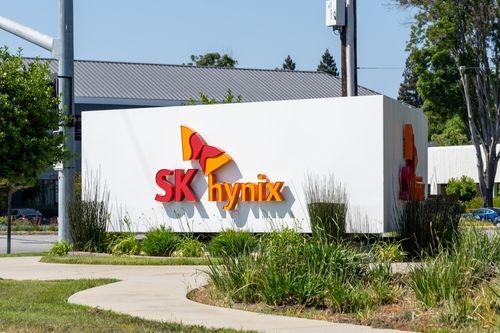Nvidia asked SK Hynix to speed up HBM4 chip production amid soaring AI demand

Investingcom -- Nvidia (NASDAQ:NVDA) CEO Jensen Huang has urged SK Hynix to expedite production of its next-generation high-bandwidth memory chips, known as HBM4, SK Group (KS:000660) Chairman Chey Tae-won said on Monday, as per a Reuters report.
Initially, SK Hynix aimed to start supplying these advanced chips in the latter half of 2025, as announced in October, the report said.
However, the South Korean company confirmed this week that it is now working toward an accelerated timeline, though it did not provide further details.
Huang's request underscores the strong demand for high-capacity, energy-efficient memory chips that power Nvidia’s GPUs, which are instrumental in advancing artificial intelligence.
Nvidia currently controls over 80% of the global AI chip market, heightening the need for faster delivery of HBM chips, the report said.
SK Hynix has been a key player in the global competition to address the growing demand for HBM, which is essential for processing extensive datasets required for AI training and is crucial for Nvidia's AI chipsets.
However, the company is also facing increasing competition from other major memory producers like Samsung (LON:0593xq) Electronics (KS:005930) and Micron (NASDAQ:MU).
SK Hynix has further announced plans to deliver its latest 12-layer HBM3E to an undisclosed customer this year and expects to release samples of a more advanced 16-layer HBM3E by early next year, according to its CEO, Kwak Noh-Jung, during the SK AI SUMMIT 2024 in Seoul.
Meanwhile, Samsung recently indicated progress on a supply agreement with a major customer following previous delays.
The company also mentioned that it is negotiating with other major clients to produce "improved" HBM3E products in the first half of the coming year and intends to start producing HBM4 in the second half of next year, the report added.
* The content presented above, whether from a third party or not, is considered as general advice only. This article should not be construed as containing investment advice, investment recommendations, an offer of or solicitation for any transactions in financial instruments.




